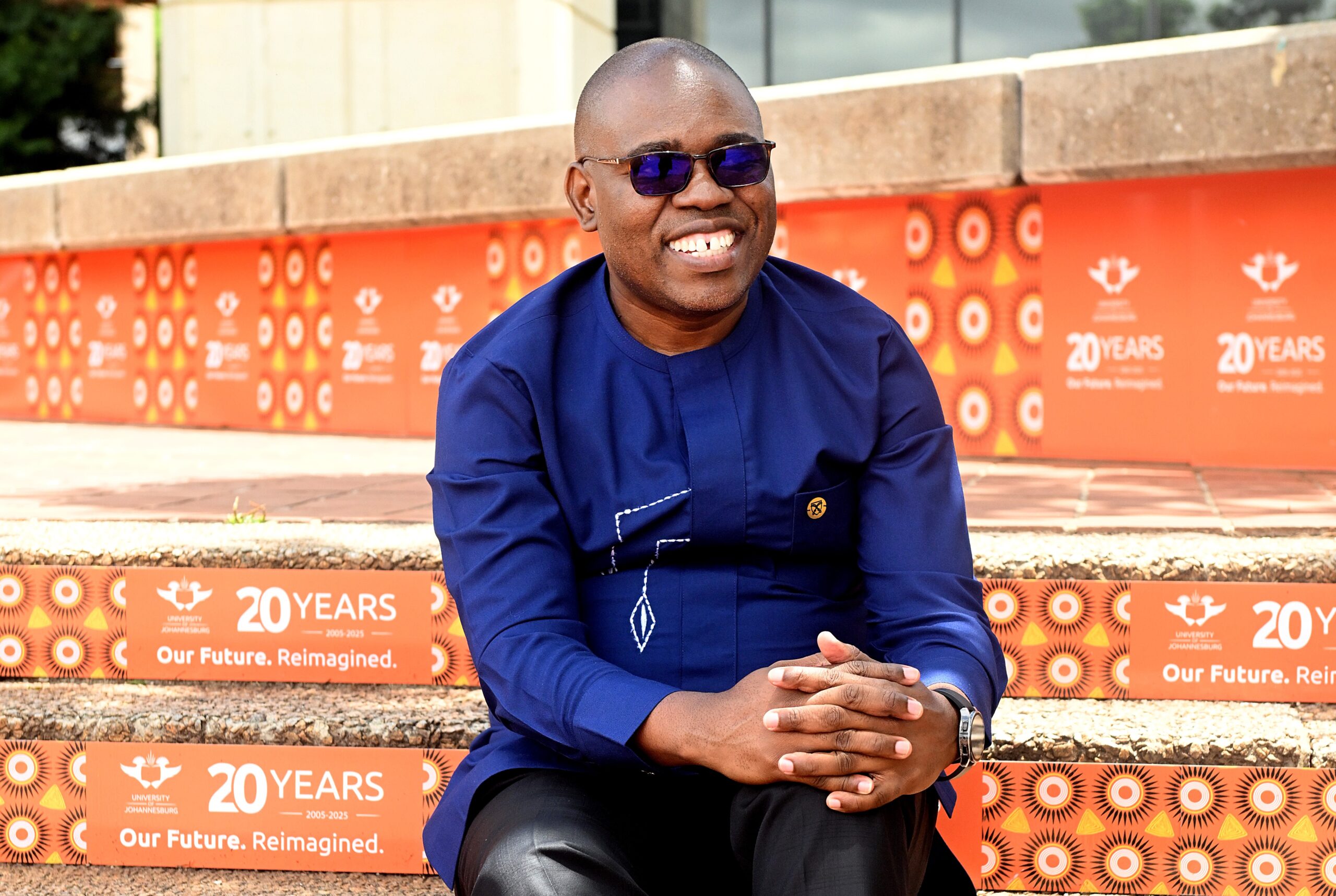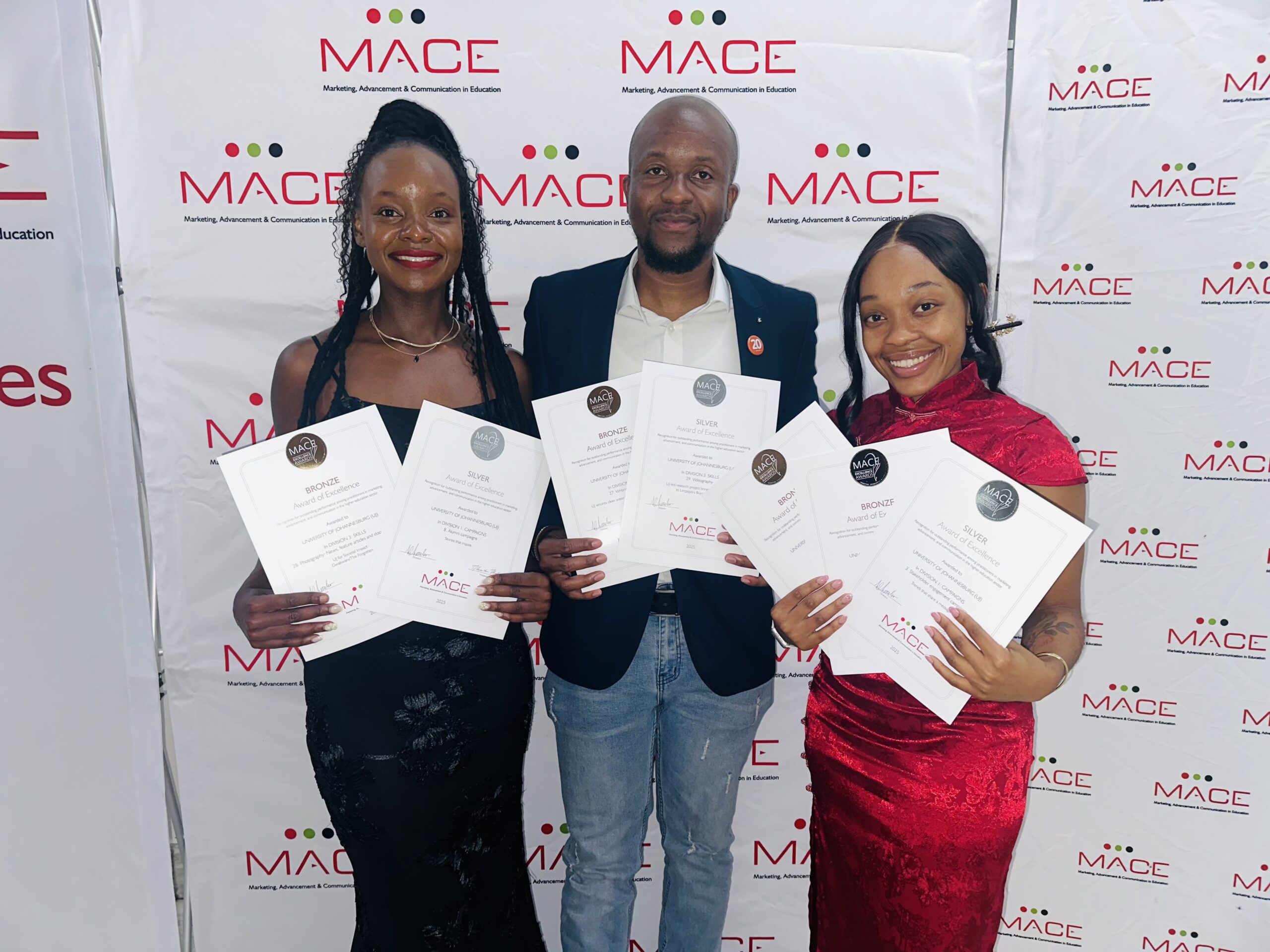Professor Letlhokwa George Mpedi is the Vice-Chancellor and Principal of the University of Johannesburg.
He recently published an opinion article that first appeared in the Daily Maverick on 23 July 2025.
If we have any hope of building a strong and capable state predicated on ethical leadership, the priority needs to be on building trust through demonstrable honesty and integrity. This calls for a stand against corruption in every form.
Many conversations about justice, equality and leadership in South Africa begin with the Constitution. The preamble to our Constitution reads simply but powerfully: “We, the people of South Africa… believe that South Africa belongs to all who live in it, united in our diversity.”
Perhaps the most important part of this preamble is the start, “We, the people”. This phrase implies that we hold power in various ways, and there is an implication that leadership is a communal act.
In recent years, I have pondered how we can perceive the world through the lens of societal impact. This idea is perhaps best understood through ubuntu.
Ubuntu is predicated on the belief that our existence and identity are deeply intertwined with the collective, which informs our purpose. Humans are thus considered to be fundamentally interconnected. If we are to build on this concept through the lens of leadership, it stands to reason that leadership is for others, too.
In advocating for ubuntu leadership, I am not only advocating for a return to African values, but also for a system that seeks to better our world.
Structural and systemic deficits
As a continent, we still find ourselves grappling with structural and systemic deficits as well as the siphoning off of resources. This seems to have overshadowed every achievement we have made.
South Africa is certainly not an outlier here. The legacy of State Capture and other corrupt practices has resulted in a deeply entrenched culture of distrust in our society.
An analysis of the data that informed the Institute of Risk Management South Africa (IRMSA) Risk Report released on 21 July 2025, for instance, points to one fundamental root cause driving our national risk profile: a lack of institutional and leadership capacity.
This finding really speaks to a much deeper challenge. In many ways, we are devoid of the leadership required to anticipate, mitigate or even respond to risk effectively. Thus, compelling arguments must be made for the urgent need to cultivate ethical leadership.
Ethical leadership should be predicated on integrity, honesty and accountability while emphasising the welfare of others. We should consider a leadership style that finds its roots in various African societies and cultures.
As leaders step into positions of power and influence, they must do so honestly and ethically. The Institute of Risk Management’s report reveals that the challenges we face as a nation, whether political, economic, social or environmental, are deeply interconnected with the quality of leadership at all levels of society.
This is where the philosophy of ubuntu offers a powerful framework for ethical leadership. If we have any hope of building a strong and capable state once again, predicated on ethical leadership, the priority needs to be on building trust through demonstrable honesty and integrity. This calls for a stand against corruption in every form.
We must thus revert to the basic tenets of true leadership — in ways authentic to our context. To return to our Constitution, “we the people” implies that every citizen has a role to play in shaping the society in which we live. Democracy is fundamentally participatory and demands our engagement and our commitment to one another. For those of us in positions of influence, it serves as a grounding force. Our authority is derived from the people, and we are accountable to them.
Better collective outcomes
Collective success cannot only be achieved by the state or “leaders” somewhere else. It can only be achieved when the everyday actions of everyday people at home, at work, or in public result in better collective outcomes.
Dr Armand Bam argues: “Leadership looks different here. It looks like a teacher who stays behind after school. A nurse who still shows up an hour before her shift. A small business owner who keeps paying wages even when the books don’t balance. Leadership is the domestic worker who helps raise another family’s children while sending her own to school. It is the everyday commitment to build, again and again.”
Combining this reminder with the basic tenets of true leadership compels us to rediscover our social duty to lead where we are. Each one of us must pursue our own opportunities while managing our own risks in the best interest of the collective — together creating a risk culture to support a sustainable, risk-resilient country.
This will build the individual and collective institutional and leadership capacity we need for a resilient and sustainable future.
And indeed, in this pursuit, we are reminded that progress and possibility begins with the very idea of “we the people”.
*The views expressed in this article are that of the author/s and do not necessarily reflect that of the University of Johannesburg.



